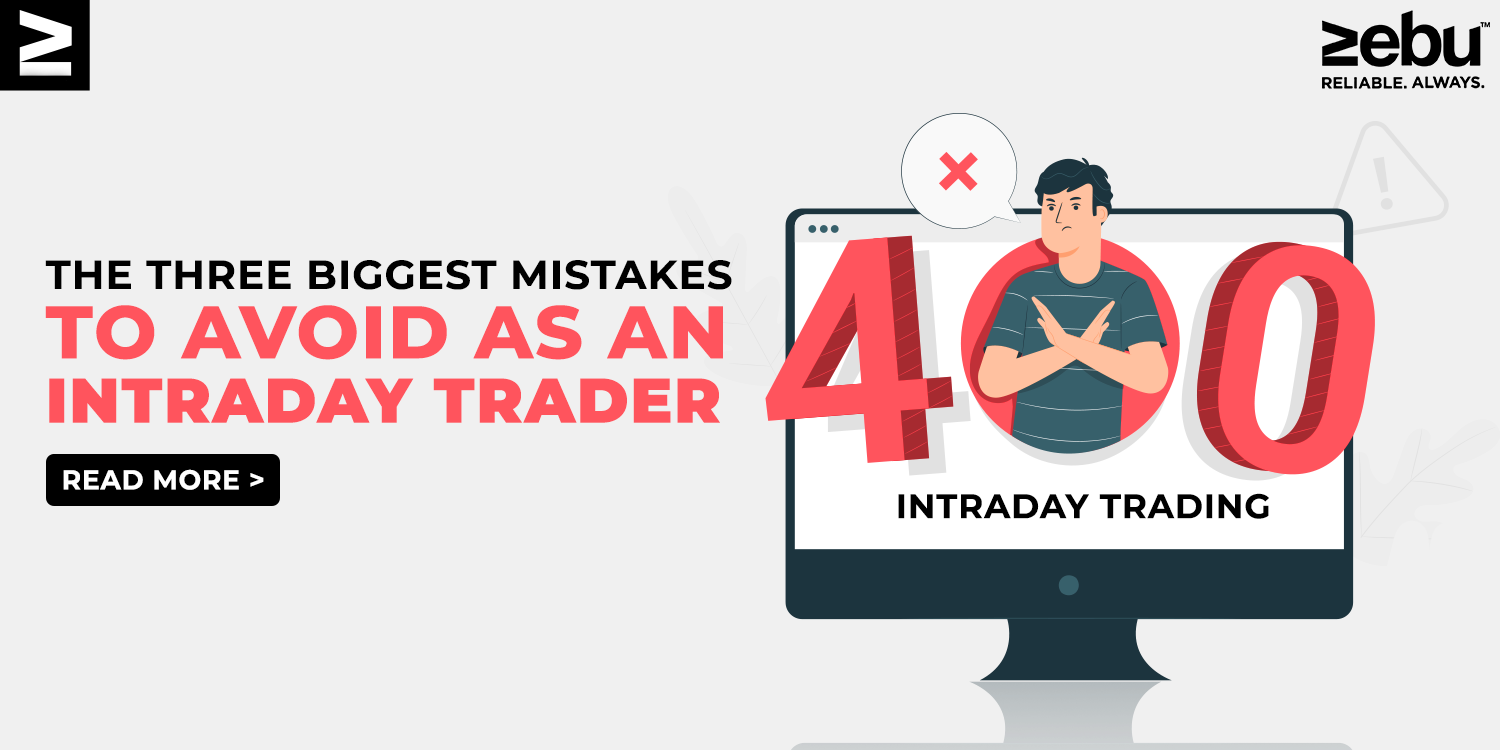
Intraday trading can be a challenging and rewarding pursuit, but it’s not without its risks and pitfalls. In this article, we will discuss five of the biggest mistakes to avoid as an intraday trader, as well as a few additional points to consider. By understanding and avoiding these common mistakes, you can improve your chances of success and maximize your profits.
Lack of discipline: One of the biggest mistakes that intraday traders make is a lack of discipline. Trading without a plan or system, chasing after every opportunity, and making impulsive decisions can all lead to poor results and losses. To avoid this mistake, it’s essential to develop a trading plan and stick to it, with clear rules for entry, exit, and risk management. This will help you stay focused and disciplined, and improve your chances of success.
Over-trading: Another common mistake among intraday traders is over-trading, which refers to taking too many trades or holding onto positions for too long. Over-trading can lead to excessive risk and losses, as well as missed opportunities and a lack of focus. To avoid this mistake, it’s important to manage your position size and trade frequency, and to only take trades that meet your criteria and offer a good risk-reward ratio.
Poor risk management: A third mistake that intraday traders often make is poor risk management. This can include things like not using stop-loss orders, not setting clear risk limits, or taking on too much leverage. Poor risk management can lead to catastrophic losses and can quickly wipe out your trading account. To avoid this mistake, it’s essential to have a clear understanding of your risk tolerance and to manage your risk carefully, using stop-loss orders and other risk management tools.
Not staying up-to-date: Another mistake that intraday traders can make is not staying up-to-date with market news and developments. This can be especially important in fast-moving markets, where news events and economic releases can have a significant impact on prices. To avoid this mistake, it’s important to keep an eye on the news and to be prepared to adjust your strategy as needed.
Not learning from your mistakes: Finally, a mistake that many intraday traders make is not learning from their mistakes. Instead of analyzing their trades and looking for ways to improve, they may simply blame external factors or make excuses for their losses. To avoid this mistake, it’s important to be honest with yourself and to look for ways to improve your performance. This can include keeping a trading journal, reviewing your trades, and seeking feedback from other traders.
In conclusion, avoiding these mistakes can help you improve your chances of success as an intraday trader. With the right mindset and approach, you can succeed as an intraday trader.

